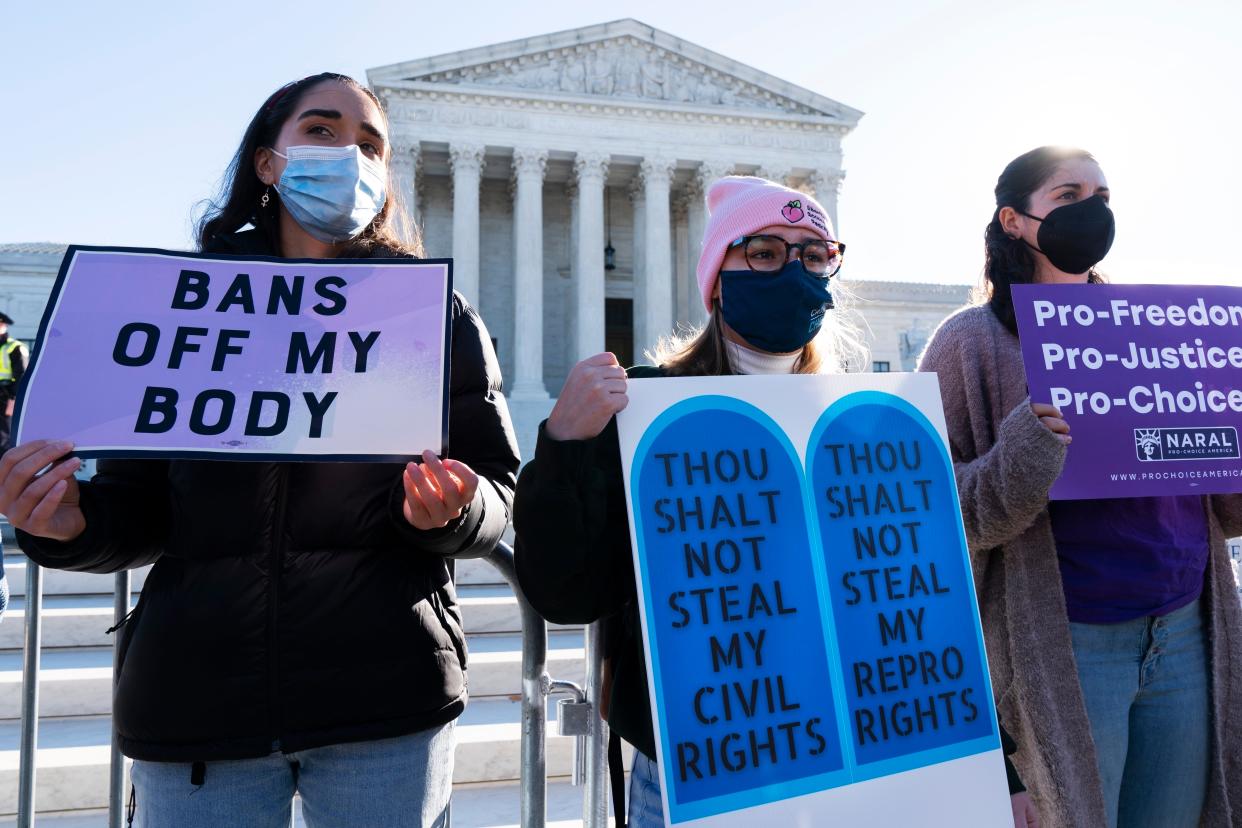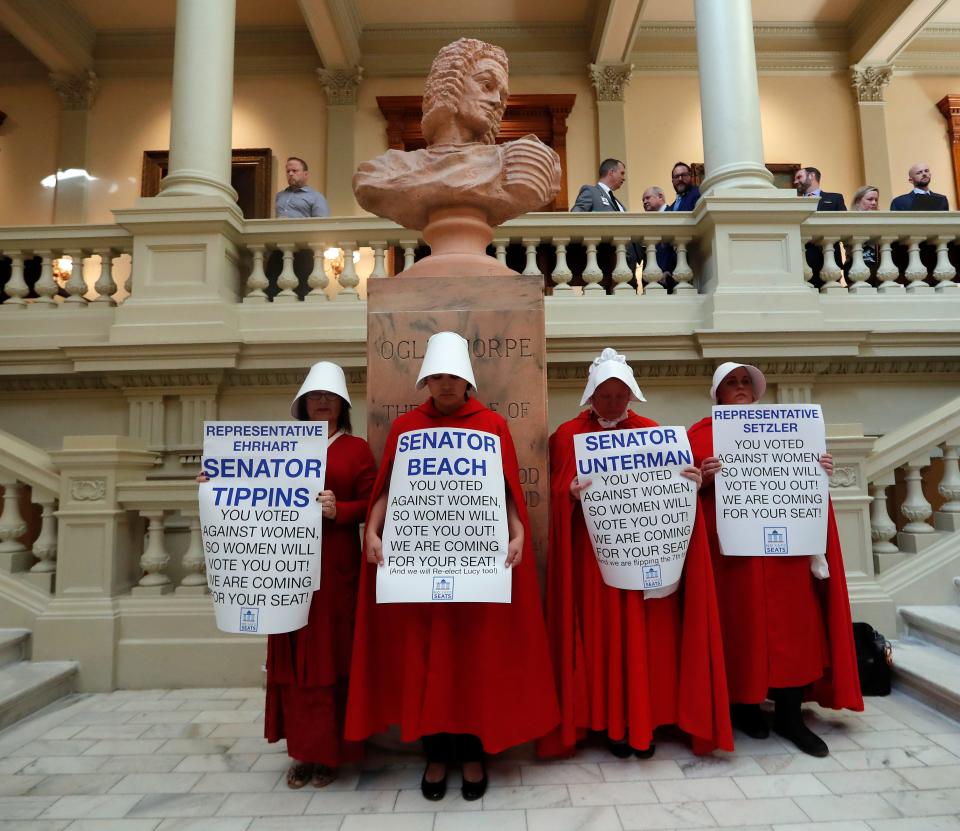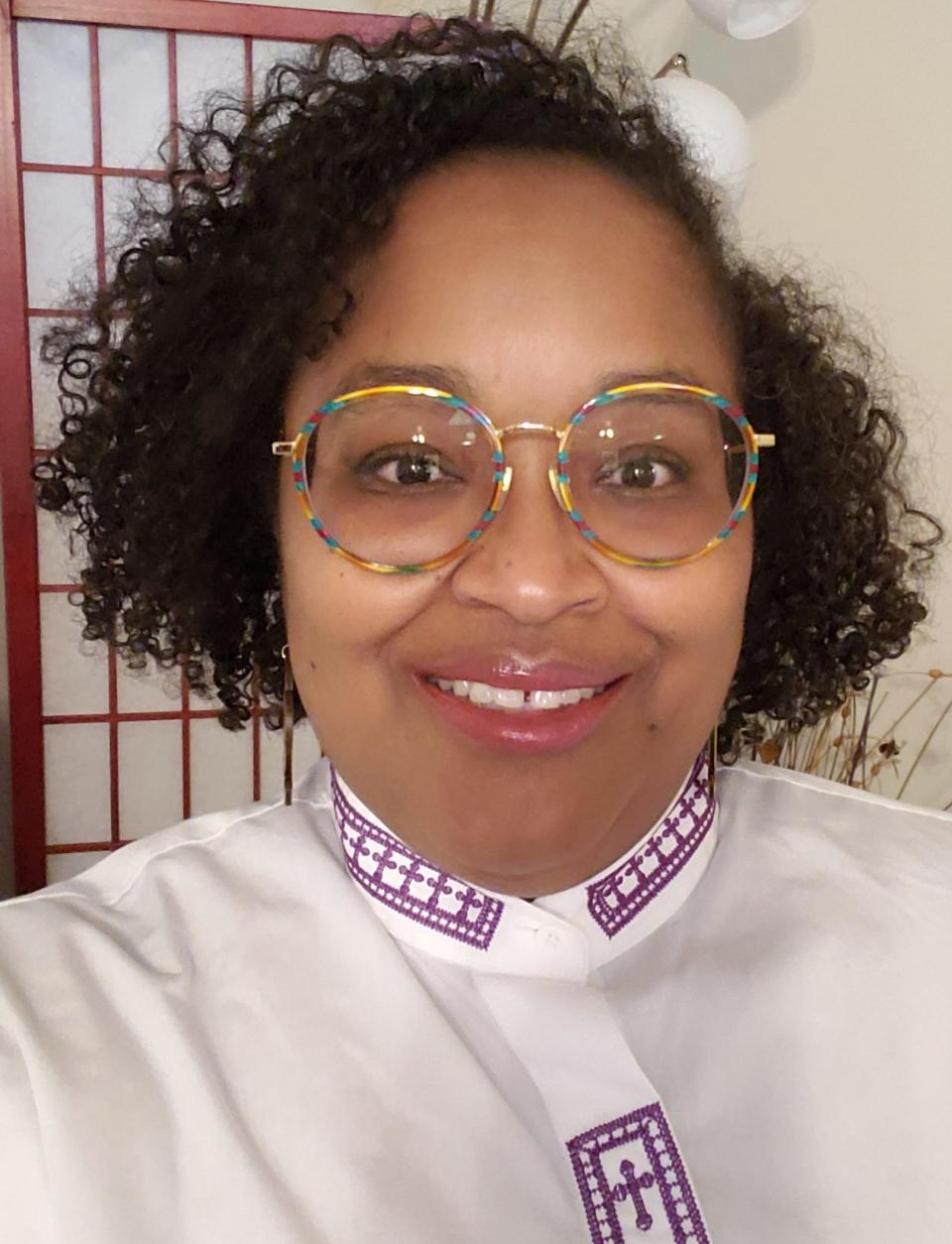Minister: Our faith calls us to support pregnant people and their difficult choices

Minister Shavonne D. Williams is an active minister in the Augusta area and serves as the Georgia Organizing Ambassador for the advocacy organization Faith in Public Life.
When the Supreme Court ruling on the Dobbs v. Jackson Women’s Health came down, my heart sank and my spirit was deeply troubled. As a minister of the Gospel, retired physician’s assistant and Black mother, I understand the grave moral and medical impact of this unjust ruling.
Most people in this country opposed overturning Roe v. Wade and support some form of legal access to abortion. I hold this position because of my faith, not in spite of it.
A personal decision
The Gospel calls us to provide each other with grace and space to use our moral judgment about the decisions that shape our own lives. Respecting each person’s freedom to decide when, whether and how to bring a child into the world is part of loving one another and treating each other with dignity.
I’ve seen firsthand in healthcare facilities, in churches and in people’s homes that decisions about growing a family are nuanced, personal and have impacts that ripple out far into the future.
For subscribers: My mom had an abortion almost 50 years ago. My family is finally talking about her decision.
I once provided pastoral counsel to a mother in her 20s who became pregnant while struggling to provide for the young child she already had. She was working to finish school and raise a healthy child and simply had no way to take on a pregnancy and expand her family at that time.
We prayed together. I listened to her and provided a judgment-free space and never left any doubt about whose decision it was – hers. After carefully and prayerfully thinking it through, she received an abortion. She went on to finish school, get married and have another child when she was ready and able. Her family is on sound footing today because of the decision she made for herself and her child.
Dangerous legislation on the horizon

Policies like H.B. 481, Georgia’s looming abortion ban beginning at just the sixth week of pregnancy, would have devastated this young woman and her child. And when our neighbors suffer, we all do.
It’s dangerous to be pregnant and to parent in Georgia – especially if you are Black. African-American women already have double the maternal mortality rate of white women in Georgia. People in many rural communities have virtually no access to quality health care. A job is no guarantee of economic security and affordable child care is vanishing. Adding criminalization of abortion care onto this already harsh and unjust reality denies people the freedom to flourish.
Democrats respond to H.B. 481: Augusta's Democratic Party speaks out on protecting reproductive rights
The impact of bans like H.B. 481 will be measured in lives lost, futures derailed and dignity denied. The judgment of care providers, basic respect for pregnant people’s judgment about their own needs and overall well-being of our entire community will take a back seat to one-size-fits-all, deeply unpopular policies that replace grace and space with prosecution and coercion.
And given our legal system’s long record of racist inequity, we can be certain that a Black woman experiencing a miscarriage, or a Black medical professional providing care for one, cannot expect a presumption of innocence and will be prosecuted by these laws.

We need to move in the opposite direction by pursuing reproductive justice – the freedom not only to have a child or decide against it, but also the freedom to raise a family in safe, healthy and sustainable communities.
Many people of faith who feel personally conflicted about abortion also want policies of this kind of future, not abortion bans. We need this kind of nuanced thinking informing our public debates and policies. Criminalizing care providers or people who access abortions does not help anyone.
I’ve heard a lot of anger, fear and confusion since the Supreme Court ended the guarantee of our freedom to decide if we receive abortion care.
But I hold onto hope. God led the Israelites out of slavery. Jesus overcame legalism with bold love, truth and sacrifice. Right here in Georgia, people of faith came together to defeat Jim Crow. While we still face grave inequities today, injustice never has the last word.
This article originally appeared on Augusta Chronicle: Why faithful Christians should support abortion, reproductive justice

